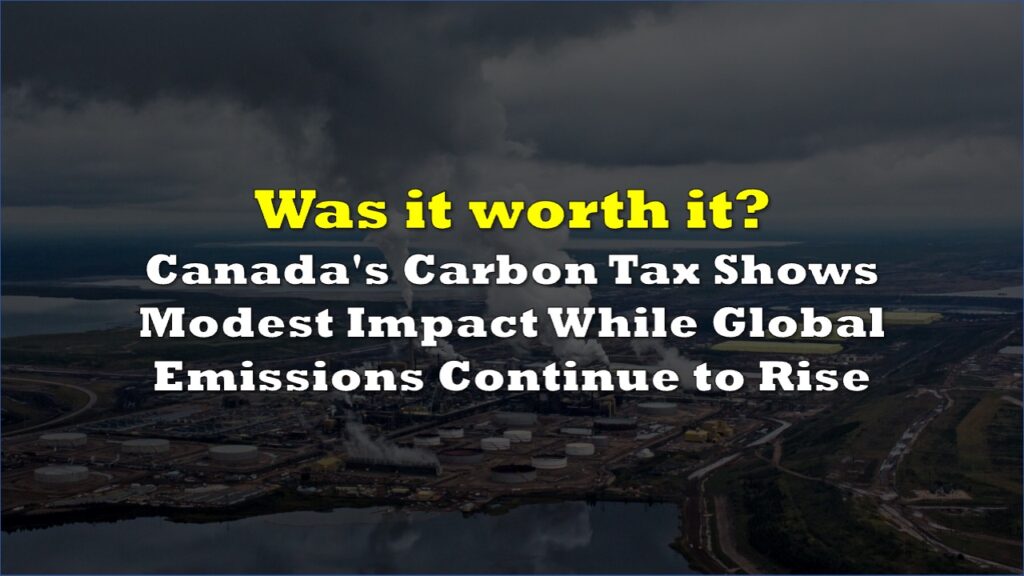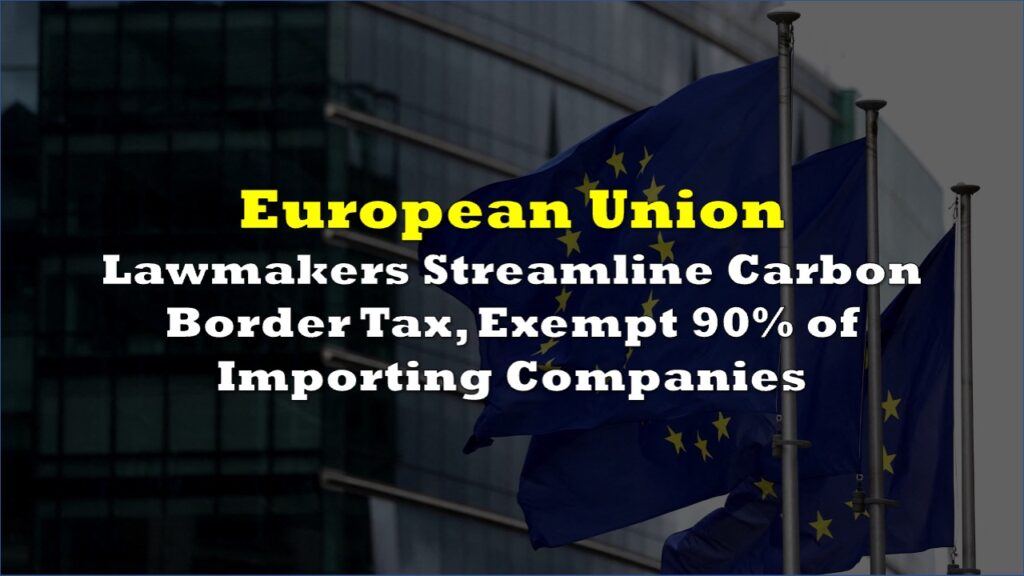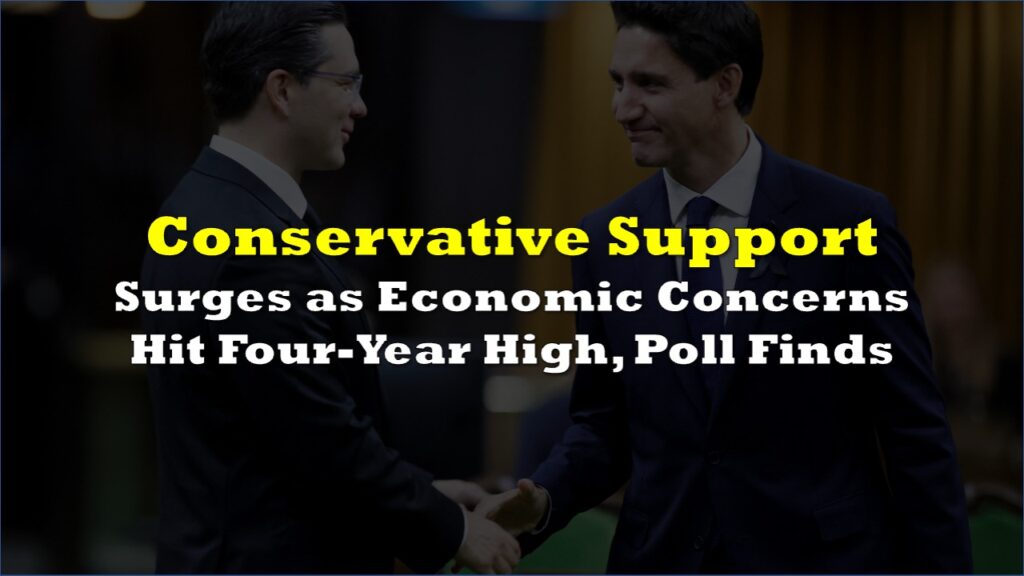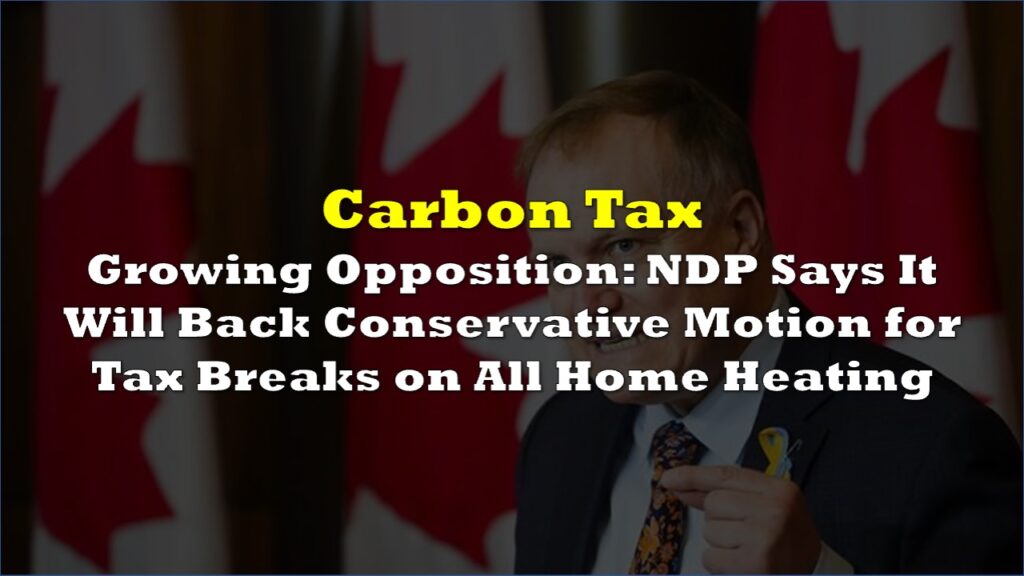NDP Leader Jagmeet Singh has indicated that his party is preparing to oppose the current carbon tax on Canadian consumers. In a significant policy shift, Singh outlined the New Democratic Party’s (NDP) intent to present an alternative climate plan as the next federal election looms.
Singh’s comments came at the conclusion of three days of caucus meetings in Montreal, where the NDP strategized ahead of Parliament’s return. When questioned about the carbon tax, Singh struck a delicate balance between rejecting both Conservative and Liberal approaches.
“We want to see an approach to fighting the climate crisis where it doesn’t put the burden on the backs of working people,” Singh said on Thursday. “Big polluters have to pay their fair share.”
The NDP leader criticized Conservative Leader Pierre Poilievre’s position, accusing him of wanting “free rein for big polluters.” Yet, Singh was equally critical of the current Liberal strategy, which he believes unfairly penalizes ordinary Canadians. He explained that the NDP’s vision for climate action would shift the responsibility away from consumers and onto the corporations most responsible for carbon emissions.
Details of this plan are expected to be released in the coming months.
New parliamentary landscape
Singh’s announcement signals a new chapter in the NDP’s relationship with the ruling Liberal Party. Last week, Singh confirmed that the NDP had torn up its supply-and-confidence agreement with Prime Minister Justin Trudeau’s government. This agreement had allowed the Liberals to remain in power by ensuring NDP support in exchange for progress on key NDP priorities like dental care.
While Singh’s party will no longer automatically back the Liberals, the NDP leader stopped short of committing to supporting any motion of non-confidence that the Conservatives may bring forward. Poilievre, buoyed by rising poll numbers, has promised to introduce such a motion soon after Parliament reconvenes. Singh’s decision to handle confidence votes on a “case-by-case basis” reflects the NDP’s more independent stance, though the party remains cautious about enabling a Conservative-led government.
In addition to climate policy, Singh reiterated the NDP’s legislative priorities for the coming Parliamentary session. Lowering grocery prices, increasing access to affordable housing, advancing justice for Indigenous communities, and creating jobs are all areas the party intends to target.
“One of our key priorities is lowering the cost of living, particularly when it comes to food,” Singh emphasized. The NDP leader pointed to France’s recent policy moves as a potential model for curbing inflation in essential goods. The French government managed to negotiate with grocery chains to reduce the prices of over 5,000 food items, a strategy that Singh believes could be adapted for Canada.
“What we need to do is impose a price cap,” Singh said. “We look at essential food items, impose a price cap that you cannot charge more than a reasonable amount on these food essentials. That would immediately give Canadians relief when it comes to their groceries.”
Push against “renovictions”
Singh also highlighted the party’s efforts to tackle housing affordability, specifically by curbing “renovictions.” The NDP plans to introduce a private member’s bill this fall aimed at preventing financialized landlords from displacing tenants under the pretext of renovations.
“We’re seeing large corporations buy up rental properties and then push out tenants to increase rents,” Singh noted.
Housing remains a pressing issue across the country, particularly as cities like Toronto and Vancouver continue to face record-high rental costs. The term “renoviction” refers to the practice where landlords evict tenants by claiming the need to renovate the units, often as a way to bypass rent control and hike prices once the renovations are complete.
Singh’s positioning comes amid increasing political debate over the carbon tax, with Poilievre calling for what he terms a “carbon tax election” this fall. The Conservative leader has stated that Canadians should have a direct say on the tax, promising to eliminate it if elected. However, Poilievre has yet to offer a concrete climate policy, focusing instead on repealing the carbon tax as a way to lower living costs.
Public opinion polls suggest that Poilievre’s message resonates with voters, especially in provinces where energy costs have surged. However, environmental advocates have expressed concern that repealing the carbon tax without an alternative plan would stall Canada’s progress in meeting its emissions reduction targets.
The Liberals, for their part, have held firm on the carbon tax, arguing that it is a necessary tool in the fight against climate change. Trudeau has pointed to the tax’s rebate system, which is designed to offset the increased costs for most Canadian households. However, many Canadians remain skeptical about whether the rebates are sufficient to counteract the rising costs.
Information for this story was found via the Globe and Mail and sources mentioned. The author has no securities or affiliations related to the organizations discussed. Not a recommendation to buy or sell. Always do additional research and consult a professional before purchasing a security. The author holds no licenses.









